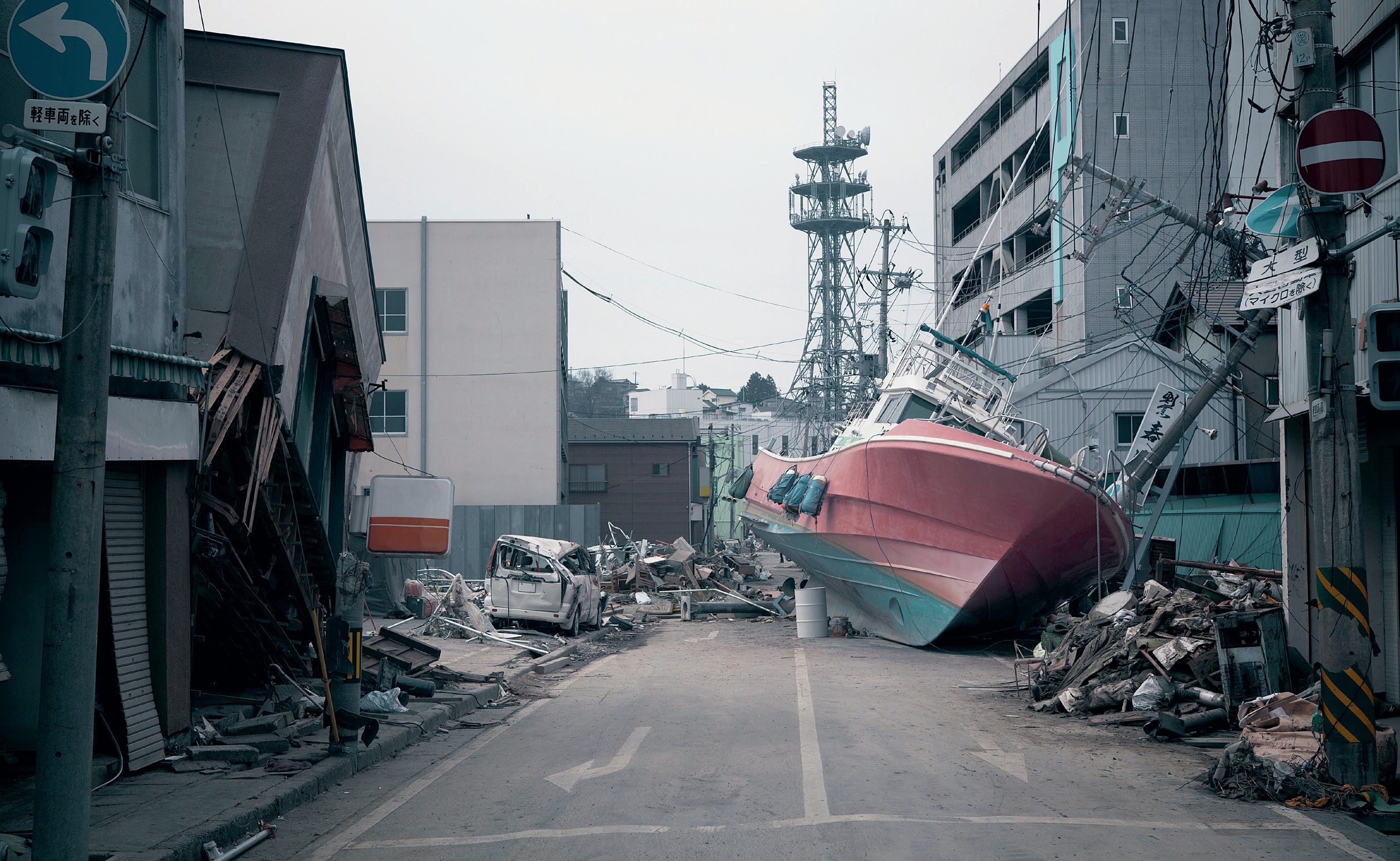You can find answers to the questions in this article at www.hoddereducation.co.uk/economicreviewextras
Natural disasters that cause harm to people and/or damage buildings and infrastructure can come in many forms. They generally result from meteorological or geological phenomena, such as storms, floods, droughts, earthquakes, volcanic eruptions and tsunamis. These hazards can occur quickly, at times without warning, or they can build up slowly, over the span of days, weeks, months or even years. By themselves, natural hazards are not disasters. A hurricane that does not make landfall and an earthquake that occurs in the desert do not have a meaningful impact on society, and therefore should not be considered disasters.
Your organisation does not have access to this article.
Sign up today to give your students the edge they need to achieve their best grades with subject expertise
Subscribe





